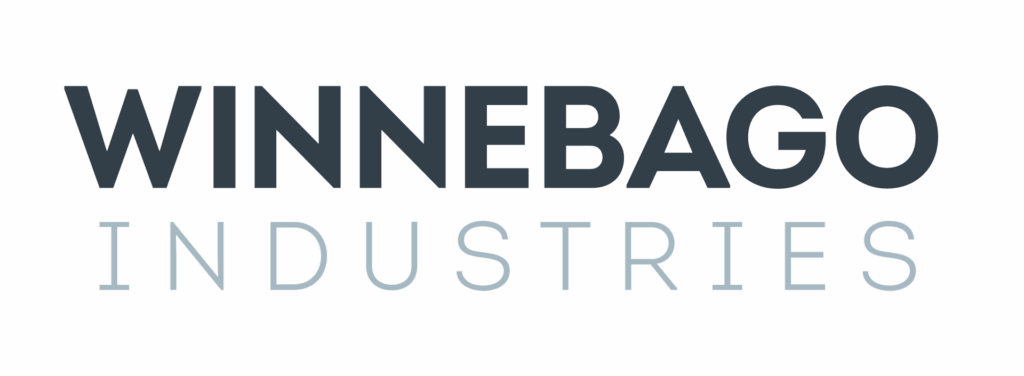Tariff trouble continues: Mexico takes aim at U.S. pork industry

PERRY BEEMAN May 31, 2018 | 8:16 pm
3 min read time
655 wordsAg and Environment, Economic Development, The Insider NotebookThe news hit the Clive office of the Iowa Pork Producers Association before 9 a.m.
CEO Pat McGonegle broke the news to association spokesman Ron Birkenholz. Colleagues in Washington, D.C., had heard that Mexico planned to apply a tariff to U.S. pork, and Canada won’t be far behind. The governments in those major U.S. trade-partner countries want to retaliate for U.S. tariffs on steel and aluminum expected to take effect Friday.
“It’s not good,” Birkenholz said. “This is devastating for the industry and for the Iowa economy.” He expects the level of the tariff to match what the United States is applying to Mexican and Canadian products.
This has been a rough year for the pork industry in Iowa, the nation’s top hog producer with 6,300 farms raising swine.
Summer typically brings better prices, but many producers have spent much of this year looking at losing $10 or $15 per hog. They hope to make $20 to $30 a hog in good years, Birkenholz said in an interview.
China already has moved to apply a 37 percent tariff on U.S. pork as trade tensions heat up.
The Trump administration has promised to negotiate better trade deals for U.S. interests, and agriculture quickly got caught in the middle, with soybean farmers also looking at possible economic trouble. President Donald Trump reportedly has been frustrated by the pace of renegotiating the North American Free Trade Agreement, or NAFTA, a pact that is vigorously supported by the Iowa Association of Business and Industry and the Greater Des Moines Partnership.
“With China already adding a 37 percent tariff, the producers can’t afford additional duties from Mexico,” Birkenholz said. “We need bilateral agreements that add stability. We are urging our trade representatives to rectify this immediately.”
Mexico ranks second globally in the value of Iowa pork imported. Canada is the fifth-biggest market. The European Union, which also is caught up in the tariff spat, is not a major importer of Iowa pork.
U.S. Commerce Secretary Wilbur Ross told reporters today that a 25 percent tariff on steel imports and a 10 percent tariff on aluminium imports from the EU, Canada and Mexico would be applied beginning at midnight tonight, Al-Jazeera reported. That will end a two-month exemption for those trade partners.
That has brought retaliation in the form of tariffs on U.S. products. Agriculture is usually one of the first targets because, well, we all have to eat, Birkenholz said.
Birkenholz bluntly said he expects trouble if the saber-rattling doesn’t die down. “We understand what Trump is trying to do — get better agreements for U.S. interests — but don’t do it at the expense of agriculture,” he said.
A few weeks ago I sat next to McGonegle on one of the bus rides during the Greater Des Moines Partnership’s annual lobbying trip in Washington, D.C. He already was feeling the pain of a tough year, but had hoped summer would bring better cash flow.
Today in Washington, one of my longtime sources, Frank Maisano at Bracewell LLP, offered this take from one of his firm’s trade experts, Josh Zive.
In a statement, Zive said “the economic and diplomatic consequences of this move are likely to be significant and complex. The EU and Canada have already promised retaliation against U.S. exports — minutes after Ross’ announcement, the EU released a statement outlining $3.3 billion in new tariffs on U.S. products ranging from Harley-Davidson motorcycles to Kentucky bourbon, and Mexico announced new tariffs on U.S. pork, fruit, and flat steel products.
“This retaliation will likely get worse before it gets better as diplomacy moves from bilateral discussions to World Trade Organization dispute resolution. Additionally, it is likely that the prices and lead times for steel and aluminum … will increase at an accelerated pace.
“It is essential that companies harmed by these policies redouble their efforts to educate policymakers and thought leaders about the consequences of this protectionism,” Zive said.









